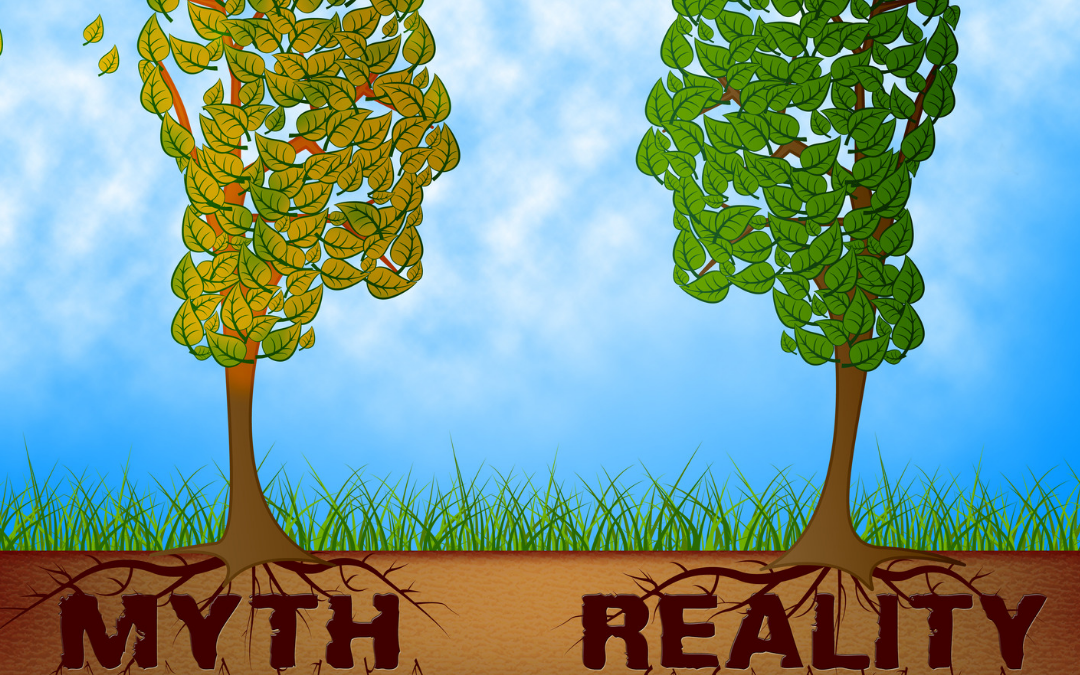For many of us, the idea of counselling comes shrouded in mystery and expectation. How often have you heard somebody say that to seek out counselling you need to be in a specific situation or that counsellors are judgemental and unhelpful? How often have you thought a similar thing yourself? Today we are looking at 3 of the most widespread myths about counselling.
1.Myth #1: My problems aren’t bad enough for counselling
Many of us believe that only people with severe mental health issues are ‘worthy’ of counselling. Maybe you think that you shouldn’t go to counselling because other people need help more than you do. Many people who see a counsellor have mental health conditions and need more help regulating their symptoms. However, everybody deserves support when they are struggling with their emotions. That includes you. If you think that you might benefit from counselling, then your problems are bad enough for counselling. Counselling is as much for people overwhelmed with day-to-day issues or unexpected life events as it is for those with diagnosed mental health conditions.
2. Myth #2: Counselling never ends.
Counselling’s reputation for lasting multiple sessions over several weeks can give the impression that it is nothing more than weekly talking sessions without end and because counselling is just talking, nothing ever gets resolved. This belief is far from true. Counselling is there for as long as you need it – whether for a few weeks or several years. Many factors can impact how long you might need counselling, such as how long you have been dealing with an issue or issues that you are seeking help for, the severity of the issue, and how long it may take you to implement changes in your life for the better. Equally, there are many different types of counselling, including talking therapies. Other types of counselling include techniques such as Cognitive Behavioural Therapy (CBT) and humanistic therapies. If one type of counselling doesn’t work, another may be a better fit for you.
3. Myth #3: My counsellor will just silently judge me
Having bias and judgment thoughts are part of being human. Even Counsellors, with all their trainings, would have these thoughts every now and then. However, they are aware of them, and are usually able to identify when these thoughts surface. Which can be a good thing in therapy. As it can serves as example on how despite not having full control of what thoughts we may have, we can learn to manage how to react to them.
That being said, while they do listen closely to what you tell them to give you the support and help that you need through a variety of techniques, a good counsellor will lead with empathy and acceptance regardless of your behaviour or issues.
Ultimately, there are many more myths about counselling than just these, but these are myths that people often hold which prevent them from seeking help that counselling can provide at necessary times in our lives. Hopefully, these explanations have helped you feel as though counselling is as much for you as anyone else and encourage you to reach out when you need help.
While the first counsellor you try might not always be the best fit for what you need or someone you feel you can open up to, counsellors are professionals. Anyone who does not meet you with empathy and understanding is a sign that you may need to find someone new.

